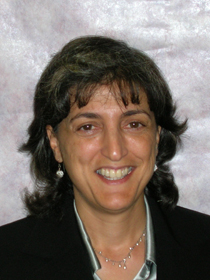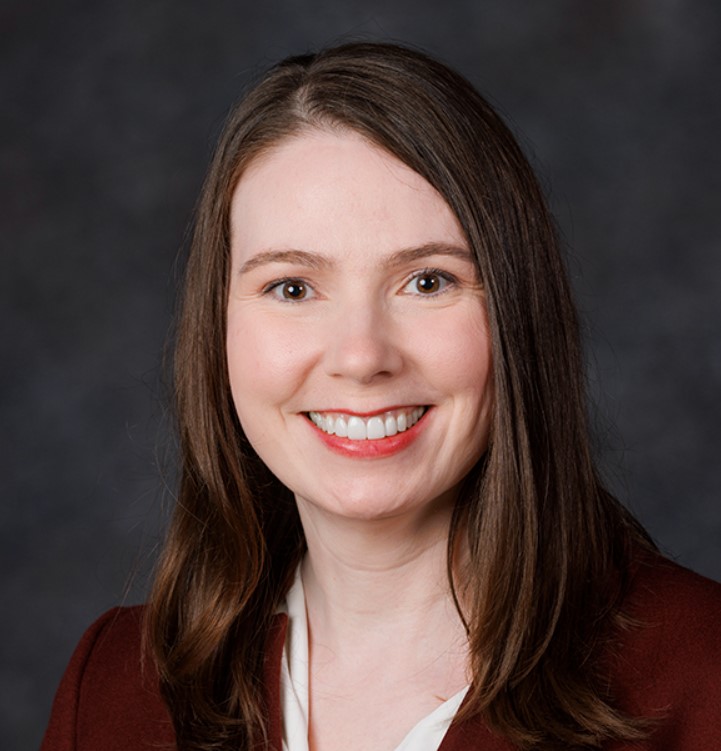The Environmental Education (EE) specialization is a non-thesis program available for University of Nebraska Masters of Applied Science (MAS) students. The EE specialization provides post-baccalaureate training related to pedagogical methods in nonformal and formal education settings related to environmental education and conservation education. The advanced training is designed to provide a distinctive edge in the workforce and advancing careers.
Note, while many courses are online, some are not yet available in an online format.
Objectives
- Design and develop environmental education and public information programs.
- Design and develop campaigns to encourage conservation behaviors.
- Evaluate environmental education programs, public information programs, and behavior change campaigns
- Demonstrate excellent teaching and effective program delivery skills.
- Manage and lead environmental educators.
Why choose the MAS program?
The program offers:
- A professional degree in agricultural science, community development and natural resources at the master’s level
- Flexibility that allows you to design an area of study that addresses your educational goals
- Online courses allowing you to earn the degree remotely
As a college-wide degree program, there is flexibility in the selection of course work to create a personalized program built around the specialization. You will work with an advisor and examining committee to customize a program of study best fitting your educational objective(s). The degree project is intended for you to gain immediate value to apply to your workplace or for career advancement.
Courses
Specialization Core
- *+NRES 804: Program Planning & Evaluation (3 credits)
- *+NRES 805 Conservation Behavior (3 credits)
- NRES 834 Environmental Education & Interpretation (3 credits)
*Graduate only
+Available online
Additional Specialization Courses
- NRES 886 Professional Certifications (1-3 credits)
- *+ENTO 810 Insects as Educational Tools (3 credits)
- ANTH 863 Exhibits: Design Development & Assessment (3 credits)
- *NRES 841 or *GEOS 811 STEM Education Seminar (1-3 credits)
- NRES 828 Environmental Leadership in Public Organizations (3 credits)
- *EDPS 855 Teaching Learners to Learn (3 credits)
- *TEAC 924J Equity and STEM Education (1-3 credits)
- TEAC 800 Teaching and Learning (3 credits)
*Graduate only
+Available online
NRES 897 Master of Applied Science Project
3 credit course
Total: 18 creditsClicking "How to Apply" takes you to the Graduate Studies website for additional program and application information.
Graduates may find careers in a multitude of areas, including:
- Museum educators/administrators
- Naturalists/nature guides
- Zoo educators and administrators
- Nature center administrators
- Outdoor/Natural resource educators
- Extension educators
- School teachers
- Public relations/fundraising/development in natural resources
To be accepted to this program
- 3.00 GPA or above on a 4.0 scale
- Taken the TOEFL or IELTS
(Only required if English is not your native language) - A written personal statement
Please describe how obtaining this degree will help your personal, career, and/or professional goals. Describe your level of commitment to successful completion of this degree. - 3 letters of recommendation
- Official/Unofficial transcripts from all previous schools
Application Deadlines
Rolling admissions. Application review will begin upon receipt of all required application materials.

Questions? Please Contact
Lisa Pennisi
Lisa Pennisi is a Professor of Practice in the School of Natural Resources interested in environmental education programs that encourage connection to nature and sustainable behaviors. Prior to becoming a professor, she worked as a naturalist, nature center manager, and zoo high school science teacher.
Contact
Jill Motschenbacher
I am Dr. Jill Motschenbacher, an Associate Professor of Practice in the College of Agricultural Sciences and Natural Resources (CASNR) at the University of Nebraska-Lincoln (UNL). I started at UNL in August 2022 to work with developing UNL’s Master of Applied Science (MAS) program within the Conservation Agriculture specialization. My work involves designing innovative, flexible, and unique online learning experiences for graduate students in agriculture- and Earth science-based disciplines that focus on understanding, designing, and discovering methods to strengthen the resiliency of food and fiber production systems.
Contact